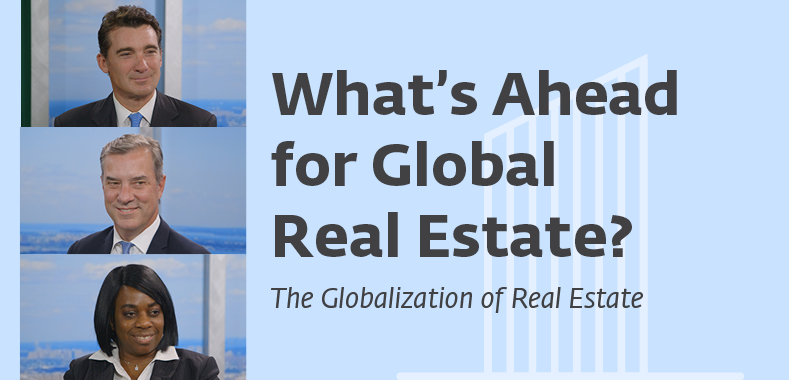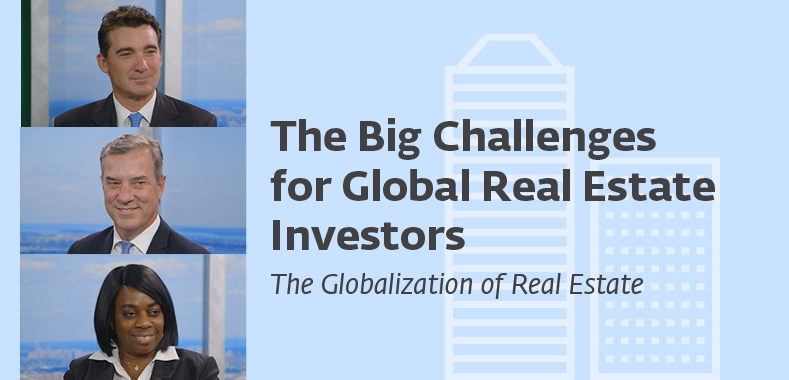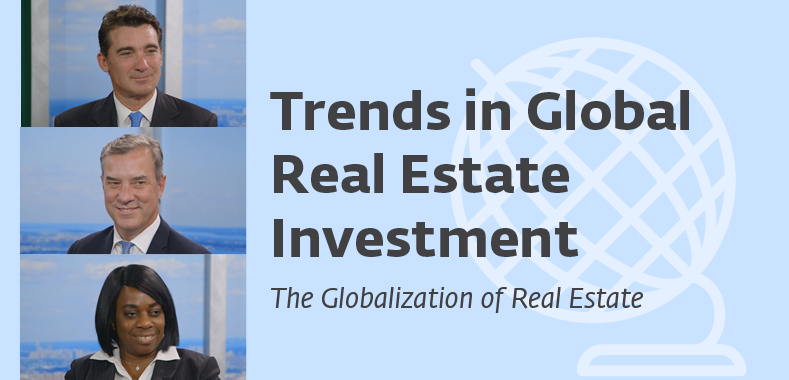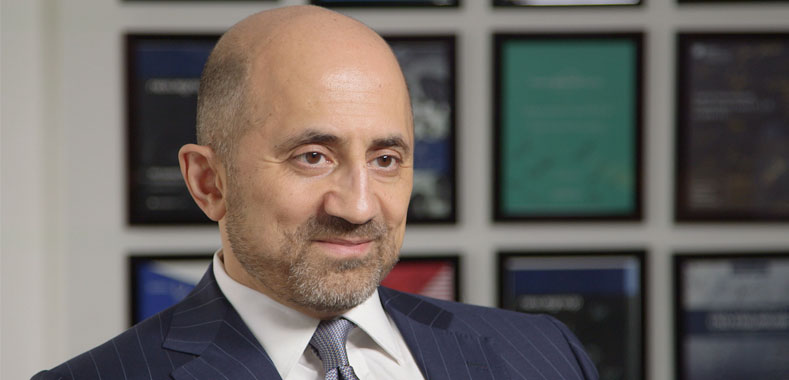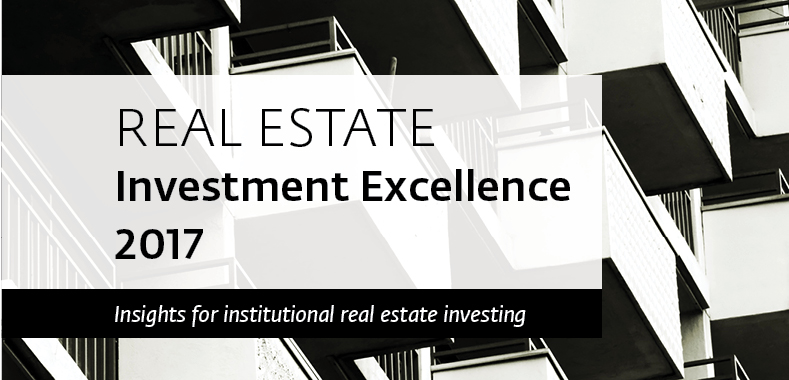Real Estate: Is the Chinese Capital Boom Coming to an End?
Private equity real estate firms have witnessed a crackdown on Chinese entities getting capital out of the country, potentially limiting exits and investment partnerships
In recent years, an influx Chinese capital has been a welcome new development for private equity real estate funds selling their U.S. holdings amidst an aging boom cycle.

Those heady times may be coming to an end, as Chinese authorities are increasingly taking action to stem currency outflows. Political instability isn’t helping matters, either.
Tom Mills, head of U.S. investment at Cos Capital, confirms: “We have seen a tightening over the last year.”
In November, China’s State Council reportedly reminded government departments of regulations to sanction foreign real estate transactions of over $1B. Should the government stringently follow the directive, it could significantly reduce exit routes and investment partners for US-based funds.
Indeed, it already seems to have had a negative effect upon some private equity real estate players, operating partners included. In talking to various sources, Privcap has learned of instances where Chinese entities have nearly failed to transfer funds to sellers in time for the day of closing a transaction.
An Active Market, Going Cold?
U.S. private equity firms have unquestionably benefited from Chinese asset flows, as a weak yuan and low domestic property yields pushed investors to look abroad.
The Blackstone Group, the largest private equity real estate platform globally, found success with hospitality assets. Blackstone sold Strategic Hotels & Resorts for $6.5billion to Anbang Insurance Group in what turned out to be the largest corporate deal in 2016 by a Chinese group, across all U.S. industries. NorthStar Realty Finance struck a deal to sell a 19 percent stake in a healthcare property portfolio to Taikang Life Insurance for $1billion.
Such gargantuan deal-making in 2016 helped catapult China to become the largest foreign buyer of global real estate last year, according to JLL. In total, Chinese entities invested $33billion overseas, with the US being the most popular destination. China Life Insurance and China Investment Corporation (CIC) have been among the biggest investors.
The Reality Today
Cos Capital, which is a joint venture between its partners and China Orient Asset Management, has made six investments in three years in Chicago, Atlanta, San Diego, and Charlotte in North Carolina; it is on the brink of closing a seventh. It has been selling down stakes in China Orient’s first three U.S. real estate deals to other Chinese institutions and wealthy private investors
Says Mills: “We have seen things change to the point where we are no longer even talking to parties if they have all their money onshore in mainland China because it is nearly impossible to get that out. It’s partly Chinese authorities trying to stop the Chinese currency depreciating further.”
China Orient, incidentally, manages to sidestep restrictions by investing with Hong Kong currency via a subsidiary.
Mike Hu of private equity real estate firm, Gaw Capital, which owns $2B of U.S. assets, says Chinese investment in the US has slowed since changes in regulation. Towards the end of last year, Hu says, it was clear that some Chinese capital was rushing to complete transactions. “It’s really now a ‘wait and see’ game for a lot of Chinese investors in terms of how easy it will be for them to get their capital overseas.”
While investment volumes for the first half of 2017 might turn out to be below 2016, real estate professionals say regulatory tightening could be a short-term barrier, and that the longer-term trend will continue to be Chinese investment in U.S. real estate.
Apart from Chinese regulation designed to choke off investment in foreign real estate, there is also the question of geopolitical changes following Donald Trump’s election as U.S. president. At a ULI real estate conference in Paris recently, Dr. Robin Niblett, director of a think tank, Chatham House, told delegates Trump’s policy was to “contain China”.
Signs of protectionism surfaced even before Trump’s presidency. The Committee on Foreign Investment in the United States blocked The Blackstone Group from selling one hotel in its Strategic Hotels & Resorts portfolio last year. The Hotel del Coronado near a naval base in San Diego posed a possible security risk. However, most people say it is too early to make a call on the impact of evolving U.S.-Chinese relations.
Regulation and changing policy in China may be affecting its successful investment history

